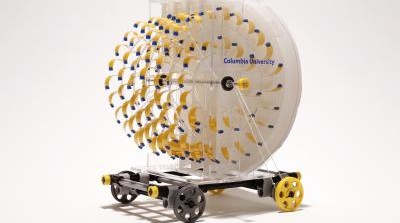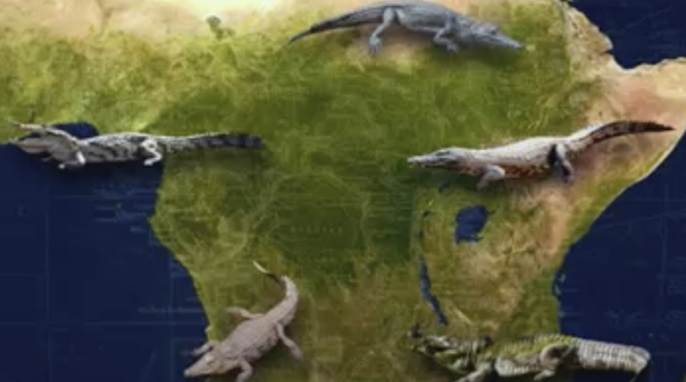How reliable is common knowledge? If a large number of people believe something, that doesn’t make it true. Dr. Joe Hanson of the It’s OK to Be Smart series from PBS Digital Studios debunks seven scientific urban legends. He also makes a compelling argument for why we desperately need open-access science information and effective communication. Sometimes common knowledge is wrong. For common knowledge to be right, then knowledge needs to be, well, common.
It sounds like such an incredible fact. “Our own cells are outnumbered by our microbes 10 to 1!” I don’t remember where I first heard it. But I read it in science papers and articles by journalists, so I believed it without question. I even made one of my first videos based on this fact. Problem is, this fact is not true. So how did it remain firmly planted in our common knowledge for almost four decades without any scientific scrutiny? And how can you prepare yourself to not be fooled by other scientific urban legends? I look at a few of the most famous incorrect factoids in science, and give a few suggestions for how to make our common knowledge more correct.
Dr. Joe Hanson
Why should we invest in STEM (Science, Technology, Engineering, and Mathematics) education? The benefits are many. We live in an era of constant scientific discovery and technological change. Science directly impacts our lives and requires our input as informed citizens. Moreover, as our economy increasingly depends on advanced in science and technology, new jobs are created in STEM fields. The success of nations depends on building a scientifically literate citizenry and a skilled, STEM-educated workforce.
Scientific literacy is essential to a post-industrial society. Companies often seek to hire STEM-literate employees, only to be met with a shortage of qualified applicants. By ensuring that all students have access to education in STEM subjects, we can close the so-called “skills gap.”
At Science Connected, we want scientific common knowledge to really be knowledge, not scientific urban legends! We work with scientists and educators to provide children with the scientific knowledge that will help employ them, help them become the citizens, leaders, and innovators of tomorrow. But that’s not all. We also work with researchers, journalists, universities, and industry leaders to provide cutting-edge research findings to people of all ages who continue to change our world for the better.




